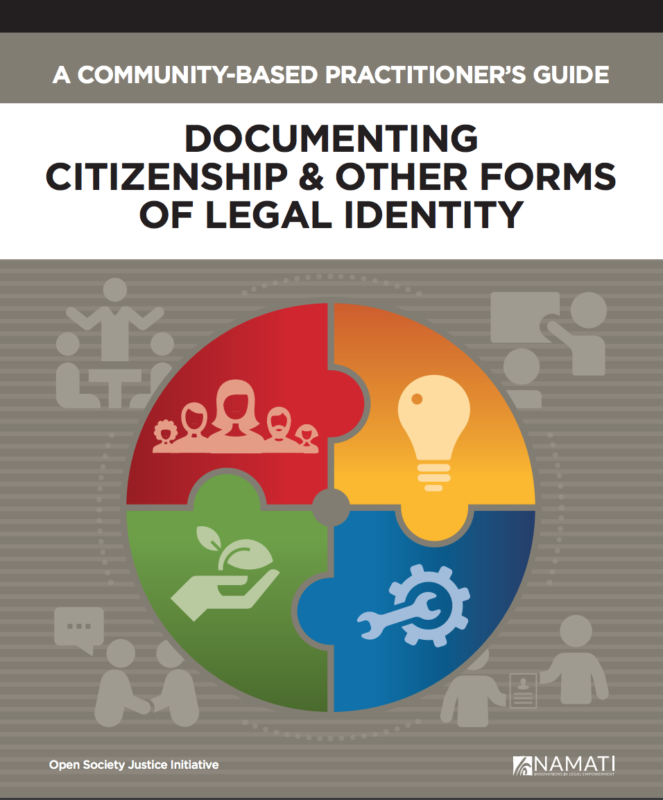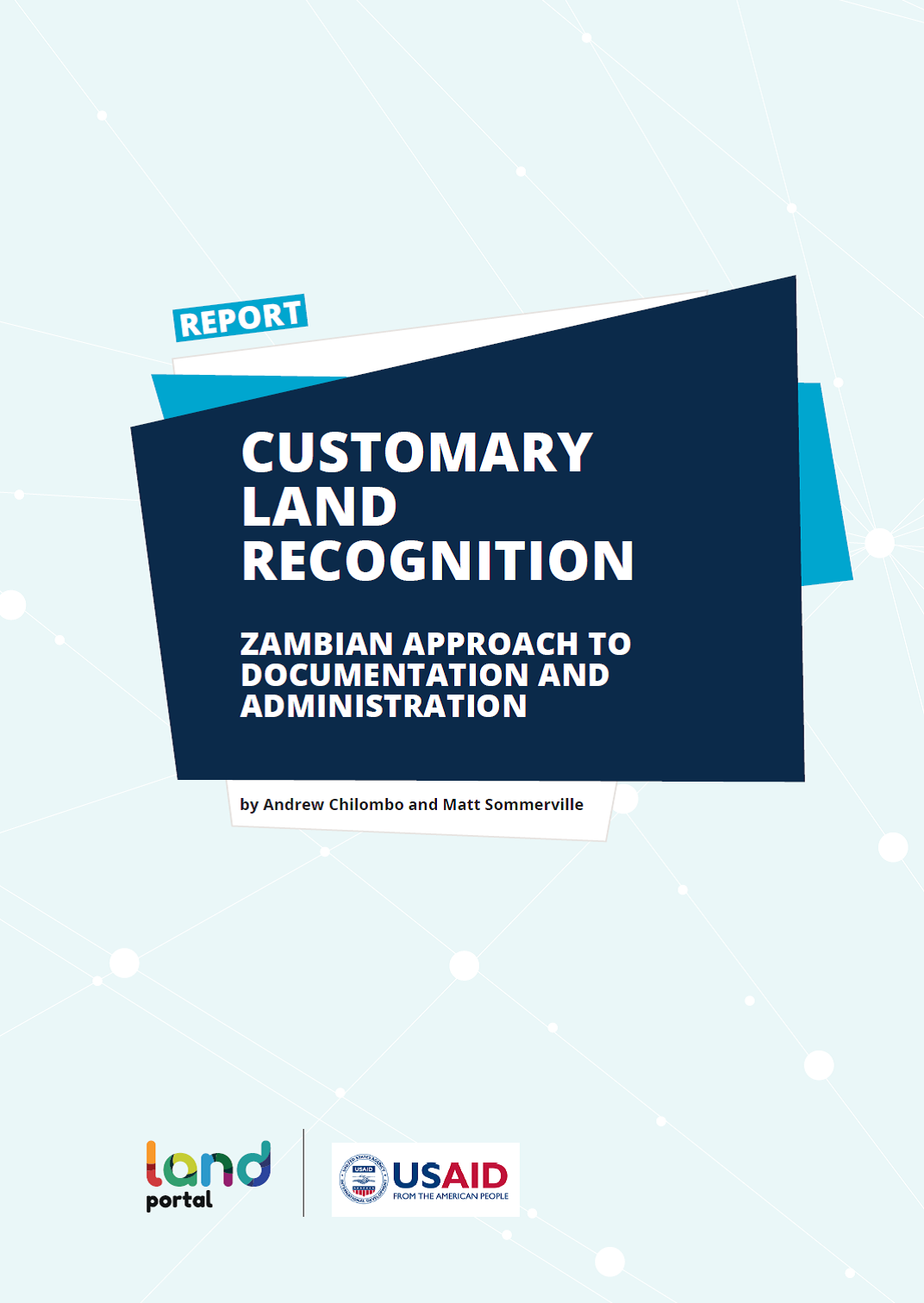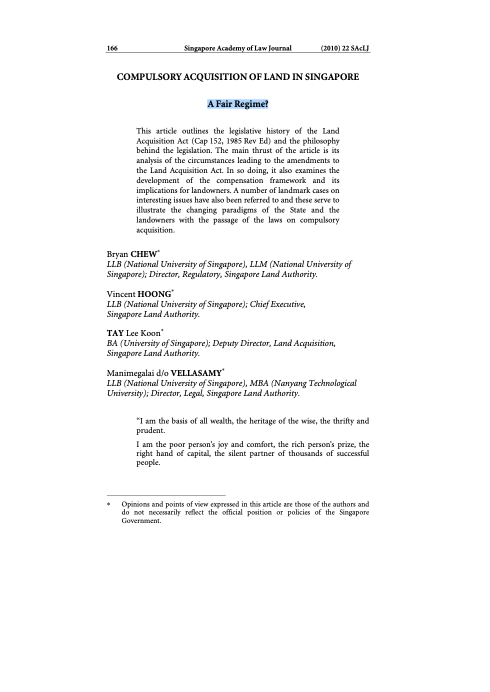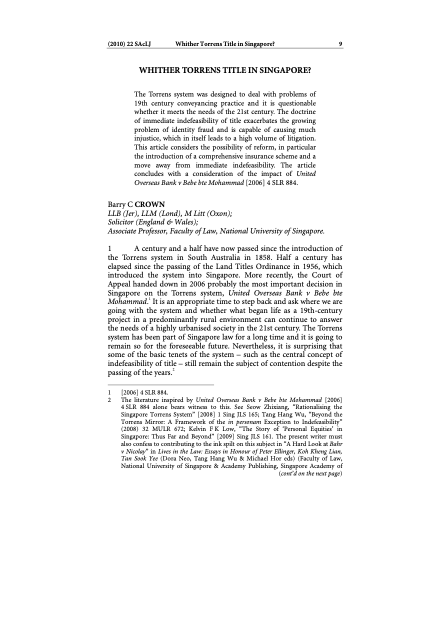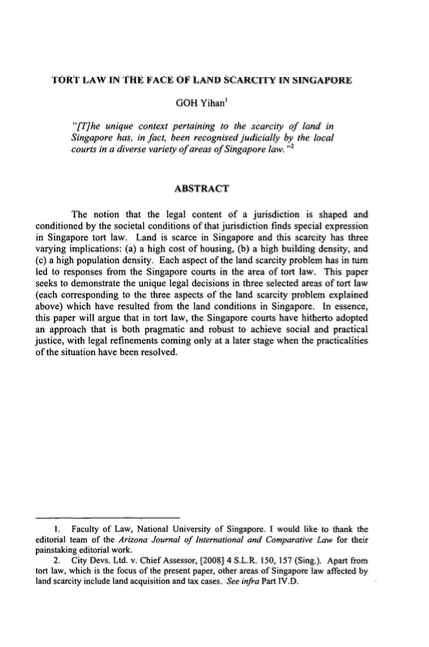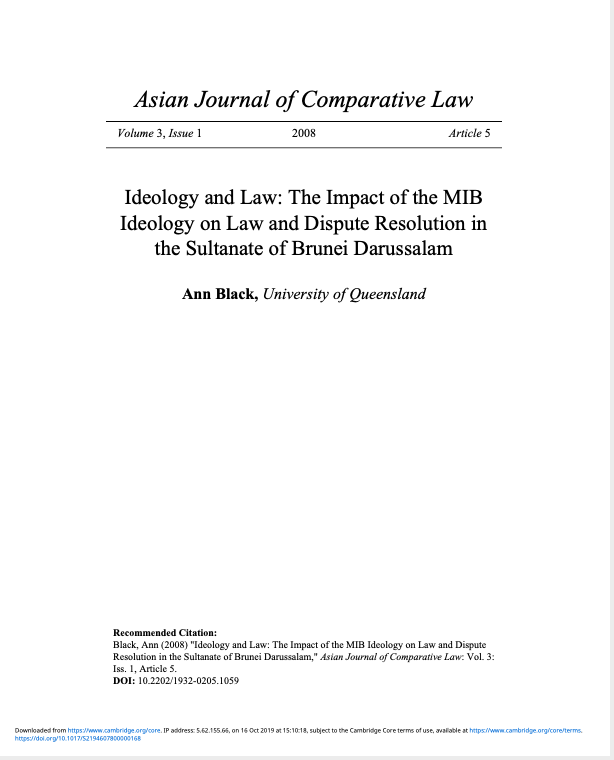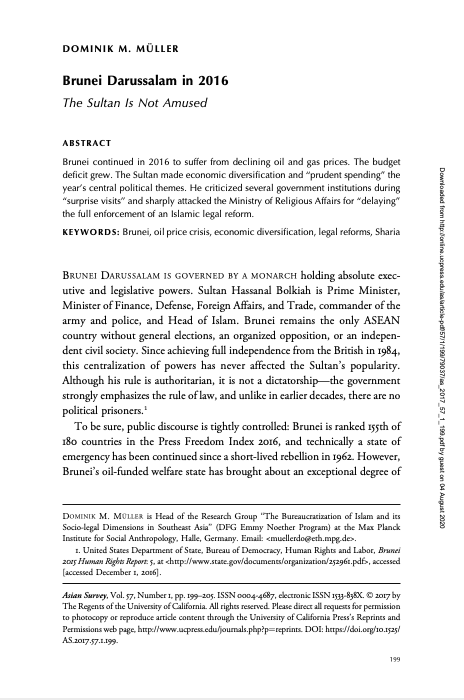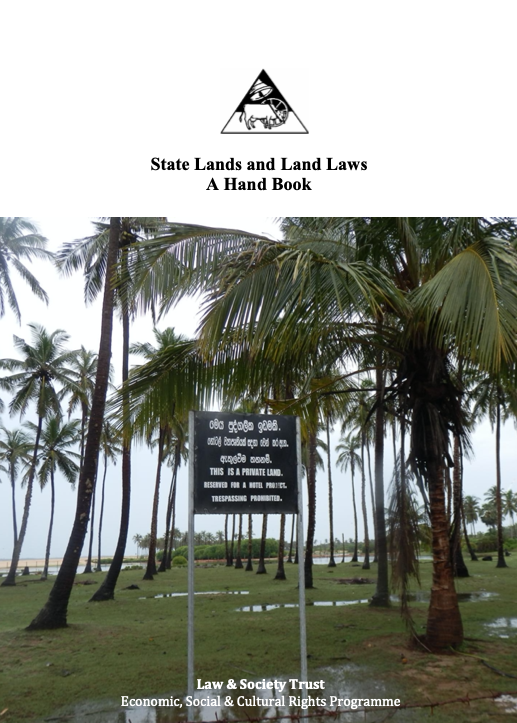A Community-Based Practitioner’s Guide: Documenting Citizenship and Other Forms of Legal Identity
This guide provides step-by-step instructions on establishing and operating a paralegal or other community-based program to help people obtain legal identity documents. It is primarily for people designing and managing community-based paralegal projects to help clients access documentary proof of citizenship and other forms of proof of legal identity, such as birth certificates.

